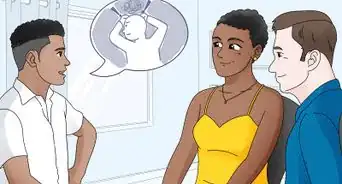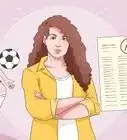This article was co-authored by Ashley Pritchard, MA. Ashley Pritchard is an Academic and School Counselor at Delaware Valley Regional High School in Frenchtown, New Jersey. Ashley has over 3 years of high school, college, and career counseling experience. She has an MA in School Counseling with a specialization in Mental Health from Caldwell University and is certified as an Independent Education Consultant through the University of California, Irvine.
There are 11 references cited in this article, which can be found at the bottom of the page.
This article has been viewed 55,014 times.
Entering high school can be a massive challenge. You're in a school where everyone seems sure about what they're doing and how they're doing it. The truth is, everyone is a little unsure in high school. Nonetheless, you can find a place to belong, and a good group of friends to spend your high school career with.
Steps
Finding a Group of Friends
-
1Start early. Most high schools have an orientation period where you can visit the school. While you're at orientation, try talking to other people to see if you have any common interests.[1]
- For example, you could say, "Hi! I'm John. So, are you starting here, too? I'm going to be in the band. What about you?"
-
2Join clubs. Most high schools have a wide variety of clubs and activities for you to join, based on your interest. The best thing about joining clubs is you'll meet other teens with the same interest, which gives you something to talk about.[2]
- For instance, maybe you want to join the speech club or the art club, or maybe you want to be a part of the marching band or the choir. You'll find other teens who love art or music, just like you.[3]
- If you don't see a club you like, ask your administrators about starting a club around that interest. Just make sure it's school-appropriate before asking. You'll probably need a teacher to sponsor you, as well.
Advertisement -
3Make sure to see the same people. That is, the more often you see the same group of people, the more familiar you become to those people. Over time, you'll start to become closer and closer to people in that group. Try to sit with the same group of people at lunch, for instance. Alternatively, the group can be people you sit with in class or people you see in one of your clubs or activities.[4]
-
4Stay in touch with old friends. Some teens probably came up to high school from middle school with you. Try to meet up with old friends, even ones you weren't that close to. You may find you have more in common now that you are in high school.
- When you see an old friend in the hallway, be sure to say hello. Ask about a time to hang out, or see if you can do homework together to catch up on old times.
Making Friends
-
1Introduce yourself. People can't get to know you if you never say anything. Don't be afraid to introduce yourself by speaking up in class or meetings.[5]
- Start by saying hello to the people near you in class before the bell rings. You could say, "Hi, I'm Jess. I'm excited about it being the first day of school, but I'm a little nervous, too. What about you?"
-
2Try to hang out with people you like. When you find people you like, ask if you can join them. For instance, say you see someone at lunch that you have a class with. Ask if you can sit with them.[6]
- For instance, you could say, "Hey, we have math together, right? Do you mind if I sit here?"
-
3Tell people what you like about them. People like hearing nice things about themselves. When you give someone a compliment, it opens the door for conversation. It makes them feel good, and it will make you feel good, too.[7]
- The best compliments are specific. For example, rather than saying, "I think you're smart," you could say, "It's amazing how quickly you pick up what Mr. Roberts is saying in math. It's like you're a math wizard!"
-
4Talk to other teens. One way to start turning people into friends is to learn about the person. That is, get him or her to talk about themselves. People like to talk about themselves, so asking them questions can get them talking. For instance, ask about their favorite school subjects or what they like to do outside of school.
- As an example, you could ask, "So what do you like to do for fun?" or "Do you have a favorite video game?"
-
5Show kindness. One tried-and-true way to make friends is to be nice to people. You like it when people are nice to you, right? Well, so does everyone else. Try bringing a treat to share with a new friend or helping someone pick up their books in the hallway when they drop them. These little acts of kindness go a long way to helping you to make friends and belong.[8]
-
6Welcome other people as they are. Just like you want to fit in, so do other people. It can be tempting to exclude people who aren't like you, but then you're doing the thing you're trying to avoid from other people. In other words, you're making the problem worse. No one's perfect. You have to accept people as they are.[9]
- That doesn't mean you need to be friends with people who are mean to you or who bully you. Rather, it means that you shouldn't try to exclude someone from being your friend just because you think he or she is a little weird.
Moving Towards "Belonging"
-
1Try to belong rather than fit in. "Fitting in" implies that you want to be like everyone else to make friends. In high school (and adult life), that can be very tempting. It feels easier to hide parts of yourself than to be true to yourself and risk the chance of being pushed out of a group. However, living in a way that's not true to yourself will make you feel worse over time. In addition, letting your personality shine will help you find other people who are like you, creating a group of solid friends.[10]
- "Fitting in" often means you have to change yourself to basically go unnoticed in a group. "Belonging" implies the group actively wants you to be there.[11]
-
2Embrace being different. That is, every person is unique with a unique set of thoughts, ideas, and feelings. Yes, you are different from everyone else, but ever other person is, too. What does that mean for fitting in? It may mean embracing those differences and finding other people who are willing to embrace those differences, too.
-
3Be patient. Sometimes, it may take you a little while to find your group of people. You may feel lonely for a bit. If you keep working at, though, hopefully you will find a group of people who cares about who you are as a person.[12]
- Meanwhile, keep doing what you love and joining groups that interest you. Keep saying hello to people in your classes.
-
4Form a group of friends, not a clique. Maybe you've formed a group of friends in your band because you have a shared interest. That's typical of a group of friends. Other times, groups of friends may form because of shared values, such as you all believe in the same religion, and you are welcoming to others who want to join in. Cliques, on the other hand, push for conformity, and they are often focused on being the most popular or the most in. The problem with cliques is they intentionally exclude others making people feel left out.[13]
- Another defining aspect of cliques is that it's the only group members can belong to. In other words, if you were in a clique, you probably wouldn't be able to have friends in band or art class, for example. That hurts you, since you may be excluding yourself from some great people who could be awesome friends.[14]
Expert Q&A
-
QuestionHow long does it take to feel comfortable in a new school?
 Ashley Pritchard, MAAshley Pritchard is an Academic and School Counselor at Delaware Valley Regional High School in Frenchtown, New Jersey. Ashley has over 3 years of high school, college, and career counseling experience. She has an MA in School Counseling with a specialization in Mental Health from Caldwell University and is certified as an Independent Education Consultant through the University of California, Irvine.
Ashley Pritchard, MAAshley Pritchard is an Academic and School Counselor at Delaware Valley Regional High School in Frenchtown, New Jersey. Ashley has over 3 years of high school, college, and career counseling experience. She has an MA in School Counseling with a specialization in Mental Health from Caldwell University and is certified as an Independent Education Consultant through the University of California, Irvine.
School Counselor It really depends. Some people feel comfortable right away, while other people take some time to adjust. Just learn your schedule, take your time, and get used to your new school. Things will get a lot easier once you're used to all of your teachers and classmates!
It really depends. Some people feel comfortable right away, while other people take some time to adjust. Just learn your schedule, take your time, and get used to your new school. Things will get a lot easier once you're used to all of your teachers and classmates!
References
- ↑ http://kidshealth.org/teen/school_jobs/school/starting_high_school.html
- ↑ Ashley Pritchard, MA. Academic & School Counselor. Expert Interview. 4 November 2019.
- ↑ https://www.healthychildren.org/English/ages-stages/teen/school/Pages/Making-Friends-in-High-School.aspx
- ↑ http://psychcentral.com/blog/archives/2013/07/31/a-short-simple-guide-to-finding-friends/
- ↑ Ashley Pritchard, MA. Academic & School Counselor. Expert Interview. 4 November 2019.
- ↑ http://www.cyh.com/HealthTopics/HealthTopicDetailsKids.aspx?p=335&id=1705&np=286
- ↑ https://www.psychologytoday.com/blog/the-happiness-project/201109/8-tips-making-friends
- ↑ http://www.mayoclinic.org/healthy-lifestyle/adult-health/in-depth/friendships/art-20044860?pg=2
- ↑ http://www.mayoclinic.org/healthy-lifestyle/adult-health/in-depth/friendships/art-20044860?pg=2
- ↑ https://www.psychologytoday.com/blog/prescriptions-life/201310/stop-trying-fit-in-aim-belong-instead
- ↑ http://msue.anr.msu.edu/news/help_kids_learn_the_difference_between_fitting_in_and_belonging
- ↑ http://msue.anr.msu.edu/news/help_kids_learn_the_difference_between_fitting_in_and_belonging
- ↑ http://kidshealth.org/teen/school_jobs/bullying/cliques.html?m=y#
- ↑ http://kidshealth.org/teen/school_jobs/bullying/cliques.html?m=y#
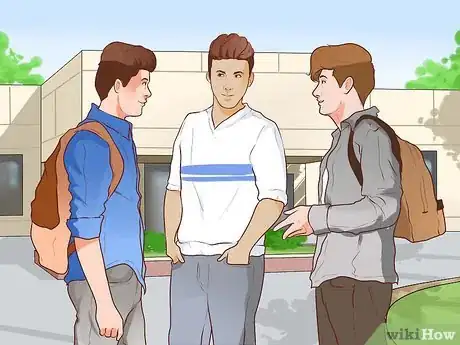
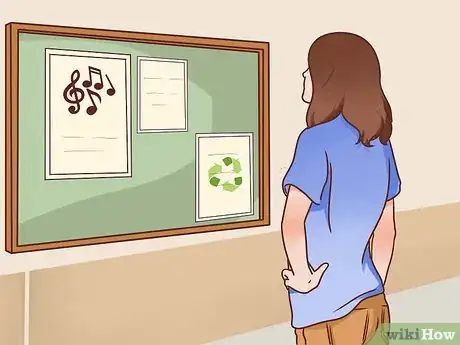

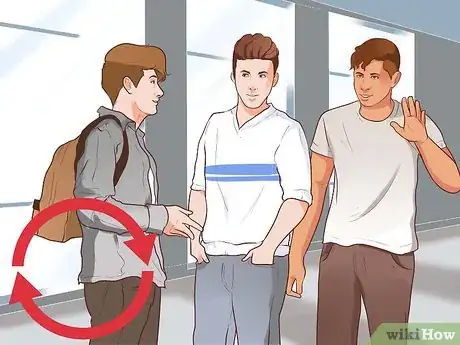
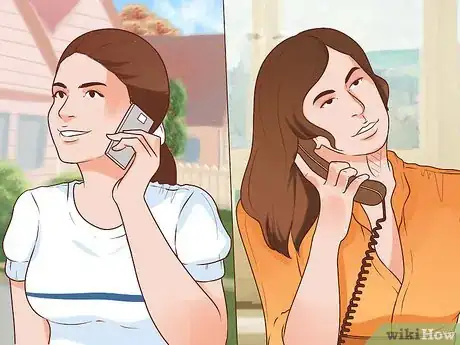
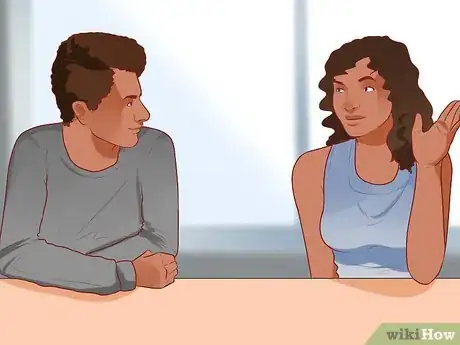

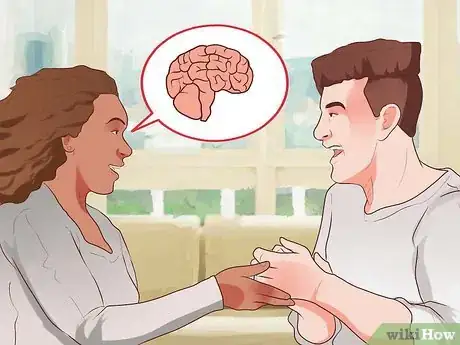
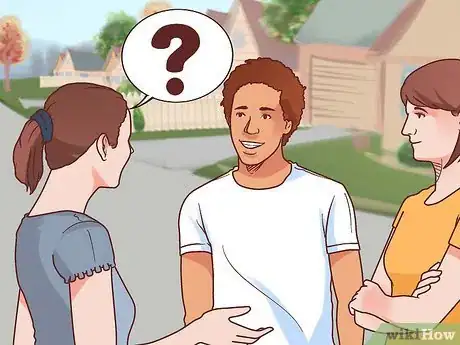
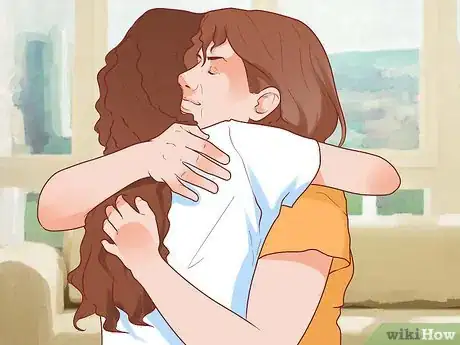
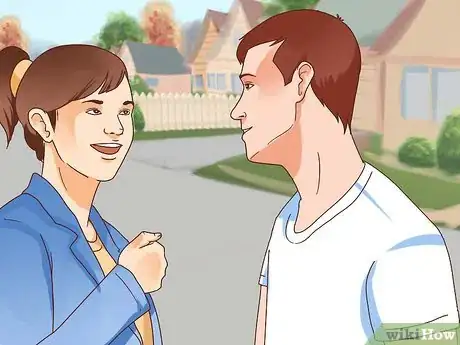
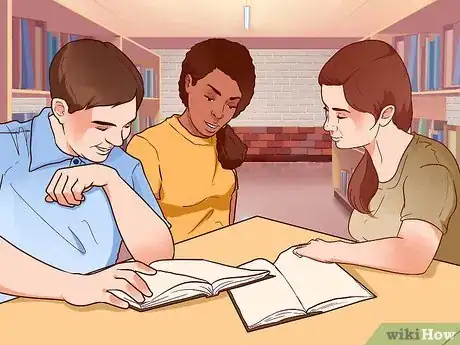
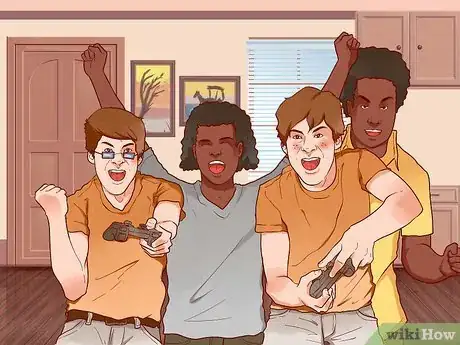
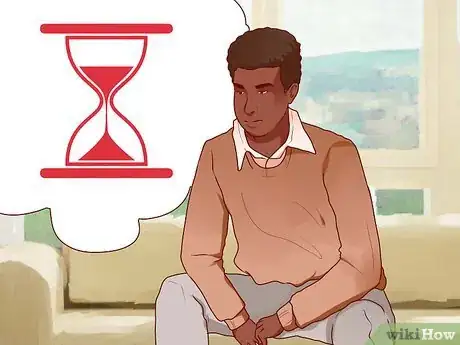
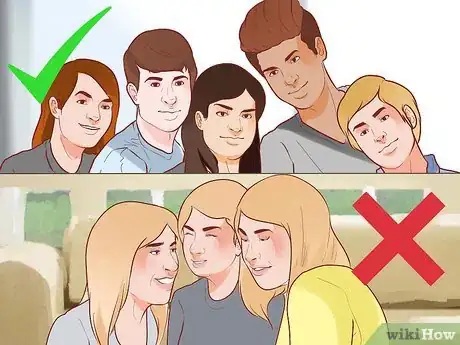


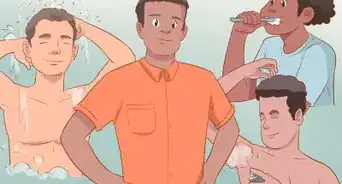
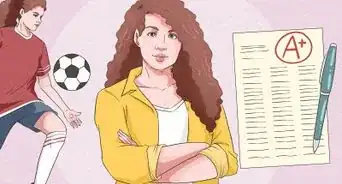
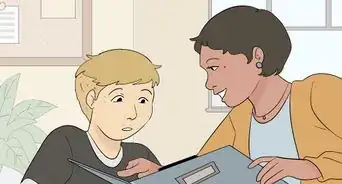

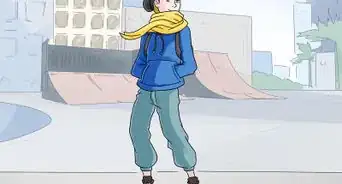

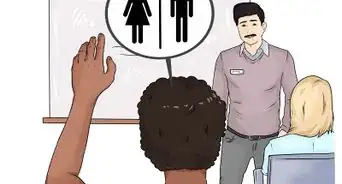

-Step-12.webp)
